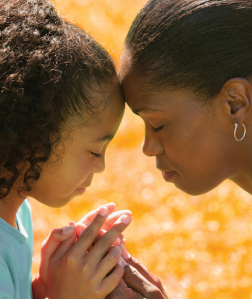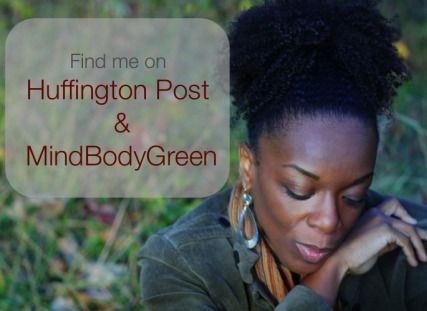 I look at my mother and I see extreme beauty. I say that not because she’s my mom, but because she undeniably is beautiful.
I look at my mother and I see extreme beauty. I say that not because she’s my mom, but because she undeniably is beautiful.
Her rich cocoa skin is flawless. Even in her seventies, her wrinkles are minimal and she easily looks ten to fifteen years younger. Her forehead and cheekbones have a regal quality. Her smile lights up her face with rare pearly whites that almost look fake. Her eyes come alive when she laughs with abandon. I love the crinkles at the corners that tell me she is undeniably happy in that moment.
They counter the hints of sadness that taint her gaze. Someone who doesn’t know her wouldn’t notice but I’m not just anyone. I’m her daughter, the observer, who’s been watching closely for a lifetime.
You see, my mother is a proud woman. An accomplished woman. But she’s also a woman who has been hurt by people who have made her to feel like “other.”
It often comes through the otherwise seemingly innocent question, “Where are you from?” However, she’s been asked enough times to know when someone has genuine curiosity or when it’s condescending code for “You’re not like me.”
When I was younger, she would sometimes ask me to make phone calls on her behalf. That annoyed me. I would ask, “Why can’t you just do it yourself?”
She would try to explain to me how her accent gets in the way, how her English wasn’t as good as mine. I dismissed it as ridiculous and reluctantly gave in. But it wasn’t so ridiculous after all…
See, race and ethnicity weren’t things we often talked about in my family. Even though we were an undeniable minority (I was often “the only one”), I was never raised to see color as a barrier. My parents, both teachers, were only concerned with the safety of their children and the provision of all essentials. They loved us. They guided us. And, they probably protected us in ways we will never know.
Perhaps, not making race a central issue was a part of that protection. Yet, it still couldn’t shield me from the overt displays of disrespect I would encounter time and time again. Being shy and quiet, I was never prepared to respond to any of it, so I internalized it. Never once did I tell my parents of my experiences.
I was lucky. My experiences of racism were mild compared to what I know others have to endure. But don’t think for one moment that the internalization had little effect on my psyche. It’s the invisible wounds that wreak the most havoc because they are often neglected. The thorns…
I see those invisible wounds in my mother’s eyes and I wish I could remove her residual pain.
She has had her intelligence, competence and integrity questioned for no other reason than being “other.”

After years of silence, I finally start to acknowledge that my own intelligence, competence and integrity have been questioned – first by others, but more damagingly, by me.But as I steadily hold her gaze, I realize that the pain I see may not belong to her. Perhaps it’s the stain of my own experience that now clouds my lens and therefore my vision.
And so the process of honest self-evaluation begins or more accurately, it continues. The process of peeling back the layers to get to a core of purity is essential to my growth. One can deconstruct or self-destruct. I choose the former.
What brought about this new level of excavation?
Politics. Stay tuned for the explanation…

This is the most beautiful explanation I’ve read of what children experience when us parent a to to our own pain of being made to feel like “other”
I’ve experinced it at different levels as an individual and as a mother! Thanks very much Emelia for sharing this sacred part of your soul with us. I can’t wait to read the continuation! Thanks very much from the bottom if my soul! Many hugs and kind smiles to you the daughter and the woman! Kindly, Clara